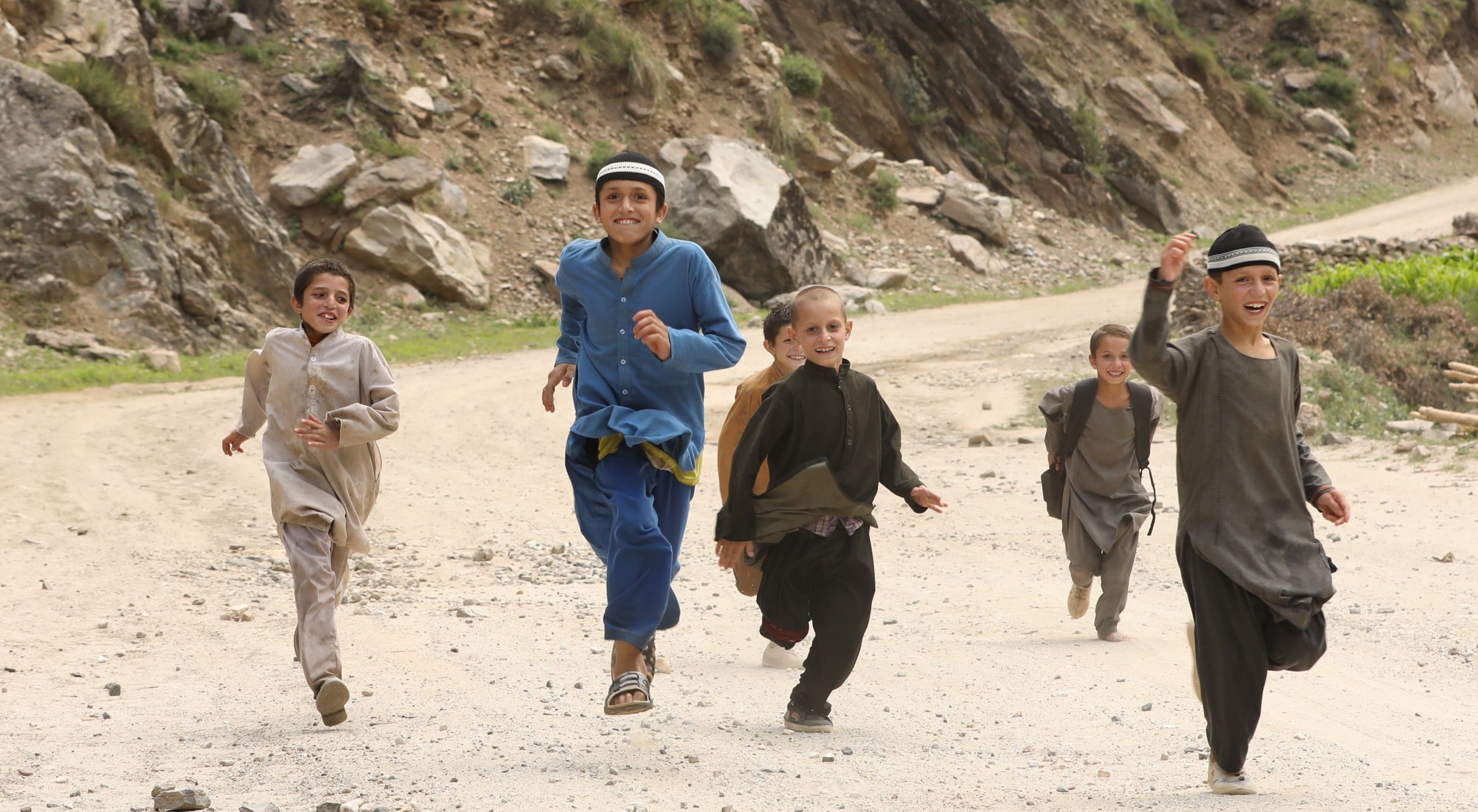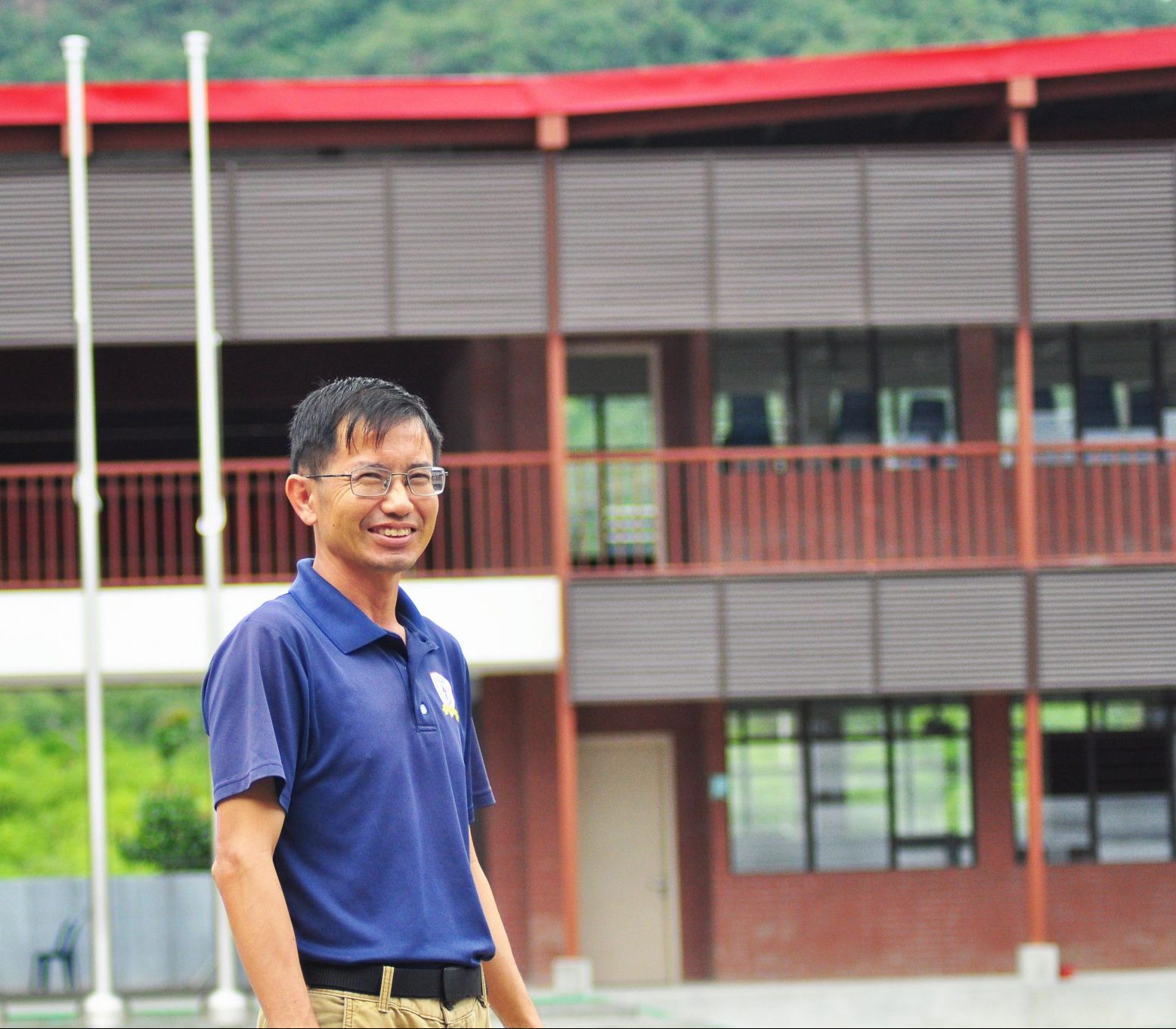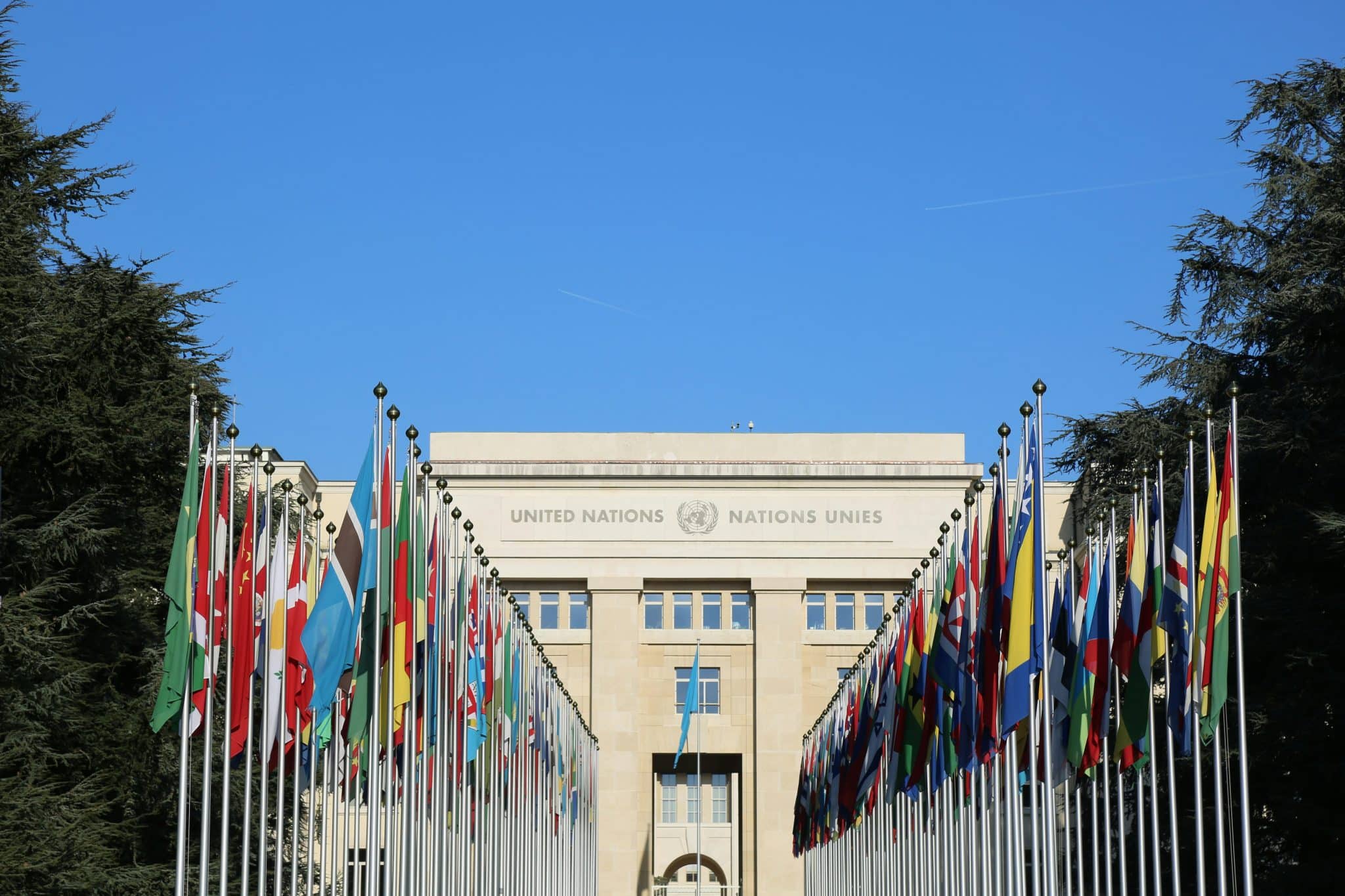Afghanistan and Myanmar in crisis: Stand in the gap by joining in prayer on 9/11
by Tan Huey Ying // September 3, 2021, 1:17 pm

"9/11 has marked for us a historical day of terror that we cannot undo. But I think God wants to redeem this day. And it starts with prayer," says Joseph Chean who will be leading prayer intercession for Afghanistan and Myanmar on September 11, 8pm. Photo by Sohaib Ghyasi on Unsplash.
Afghanistan is a nation in crisis.
After a two-decade “war on terror” in Afghanistan, triggered by the 9/11 terrorist attacks in America, US troops have withdrawn from the country in an exercise that ended with a three-week emergency airlift of more than 120,000 people and a suicide bombing that killed over 200 people at the Kabul airport.
Millions are watching with shock as the Taliban resume their rule over a country whose US-trained military has all but disintegrated and its democratically-elected President fled the country.
But just a few months ago, “Myanmar”, “junta” and “coup” were the keywords trending in the news. The reportage may have moved on to Afghanistan, but Myanmar’s people are still reeling from the bloody military takeover that started in February this year.
The same heart-wrenching cry is echoing in both nations: “Has God abandoned us?”
A shaking of nations
“Who could imagine these kind of things happening,” said Joseph Chean, National Director of Youth With A Mission (YWAM Singapore).
“There is something that God can – and wants to – establish in a time of crisis like this.”
Especially given the backdrop of the Covid pandemic which has already wreaked immeasurable suffering worldwide, he added.
Chean was speaking to Salt&Light on behalf of Antioch 21 (A21), the missions arm of LoveSingapore, which is leading a time of prayer and intercession over Zoom next week on Saturday, September 11, at 8pm. (*Registration is required, click here for details.)
Even in 2019 before the pandemic, he had received a revelation before the pandemic broke out. The Lord reminded him of Habakkuk 1:5 and the word “reset”.
“God has not lost control,” said Chean. “There is something that God can – and wants to – establish in a time of crisis like this.”
Carrying the weight in our prayers
The Pray 9/11 gathering by A21 will focus on Afghanistan and Myanmar, with a sharing and updates from individuals who have lived and worked there.
“To be able to rightly represent God, we must share in how God is feeling and engage in carrying the weight in our hearts.”
Though the situations vary greatly, Chean said that one thing in common was the sense and feeling of the people that they had been “abandoned”.
“How do you help people who feel abandoned? What help can you and I give to people like that?” said Chean. “When we see crises like this, ‘help’ is not the first word that we should use.”
It is important for anyone who wants to do something for God to first come to a place of listening and identification with those who are going through the pain, he said.
“To be able to rightly represent God, we must first share in how God is feeling and engage in carrying the weight of what others are going through in our hearts.
“Help comes in many layers, and for us who are far away, the first layer is never just physical and it includes intercessory prayer.”
Two-way communication
“Prayer is not only talking, it is also listening. We listen both to God and to the stories of the people who have gone through those pains,” he said, pointing out that it is only then that we can become the answers to our own prayers.
Chean pointed out that when God wanted to destroy Sodom and Gomorrah, He shared His heart with Abraham (Genesis 18:17)and Abraham interacted with God through conversation (Genesis 18:23-33).
So what is first needed is prayer and gaining understanding through research and dialogue.
“Prayer is not talking, it is listening. We listen both to God and to the stories of the people.”
“Looking at the situation from different angles. Because we must understand that what we’re seeing is one side of the story.
“To help in anything, we must be willing to dive in and study the multiple layers in that situation. Help comes later.”
“To me, it’s two sides of the same coin. We cannot say ‘I want to do’ but ‘I don’t want to feel’.
“Therefore, the help must be preceded by the ‘being’ – being with God in intercessory time where we understand and feel the pain.”
The beginning of redemption
Quoting Romans 12:15, Chean said: “We must be willing to mourn with those who mourn. We may not be someone who cries – and that’s okay. Just be there, identify, empathise, and carry the weight of the people in our hearts and say, ‘We’re here with you, how can I pray for you?’
“We must be willing to mourn with those who mourn.”
“Only much later on, when the crisis has transited into a different stage and it has moved, that’s when all the help will need to be done.
“I feel that 9/11 works both ways: It has marked for us a historical day of terror that we cannot undo.
“But I think God wants to redeem this day to be a day of new beginnings and opportunity and hope.
“And we begin it with intercessory prayer: carrying the nations on our hearts, coming before God and praying His perspectives into action.”
RELATED STORIES:
“We know where you are and what you are doing”: Taliban warn house church leaders
We are an independent, non-profit organisation that relies on the generosity of our readers, such as yourself, to continue serving the kingdom. Every dollar donated goes directly back into our editorial coverage.
Would you consider partnering with us in our kingdom work by supporting us financially, either as a one-off donation, or a recurring pledge?
Support Salt&Light



